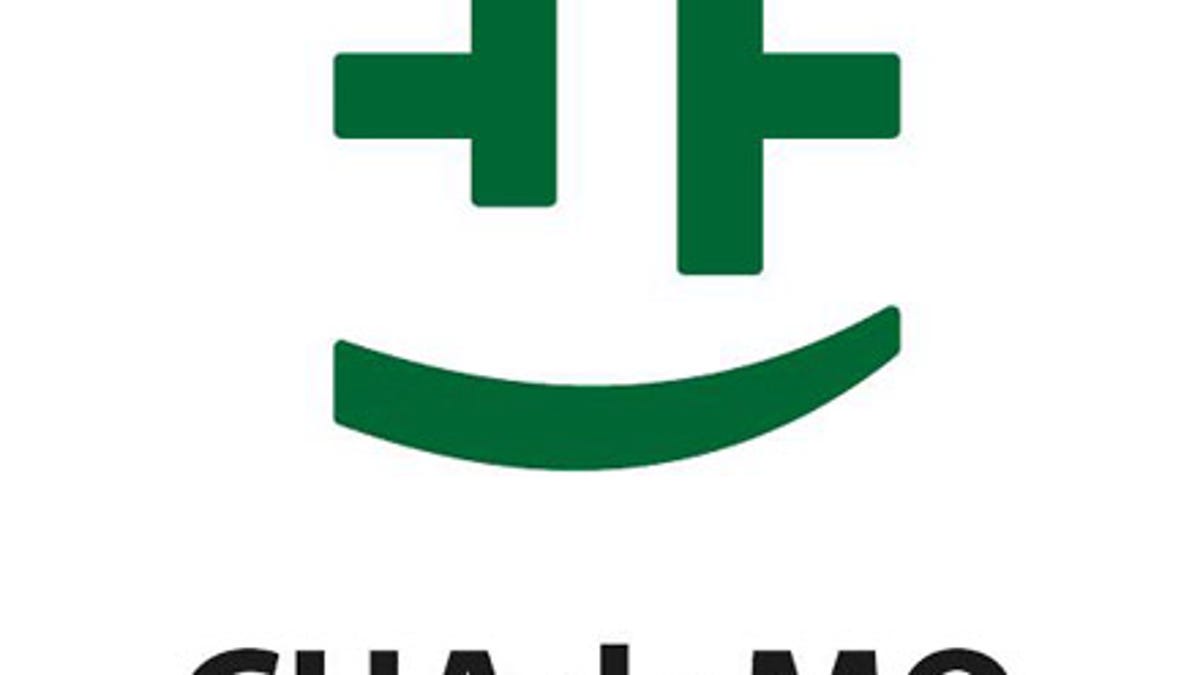Japan Inc cooperates on electric cars
Toyota and three other Japanese automakers together with a power company have set up a group to promote electric vehicles by standardising recharging machines and marketing the technology abroad.

Toyota and three other Japanese automakers together with a power company have set up a group to promote electric vehicles by standardising recharging machines and marketing the technology abroad.
The name's a tea-drinking pun, and the logo's colour is green tea too.
(Credit: CHAdeMO)
The association is called CHAdeMo, which stands for "charge de move" and is a play on the Japanese phrase "o cha demo ikaga desuka" (would you like some green tea while charging?) with "cha demo" translating roughly as "care for some tea?".
The group is still working out the details of its recharging platform. Standardisation would require all makers to agree on the voltage, outlet and other aspects of the technology while also ensuring relatively speedy recharging.
Although some participants expressed hopes that the standard would spread internationally, Toyota executive Koei Saga said that was "close to impossible" because of different needs and uses overseas.
"It is key that recharging infrastructure becomes standard," Saga told reporters. "But look at how electrical outlets are all different, even just in Europe."
The group consists of Japanese car makers Toyota, Nissan, Mitsubishi and Subaru, France's Peugeot and Citroen, electricity companies, like Tokyo Electric Power Company and California's Pacific Gas and Electric Company, electronics maker Toshiba and Japanese telco KDDI. All up the association includes about 160 companies and government organisations.
According to the group's officials, the time may have arrived for electric vehicles to really take off not only in Japan, but also around the world as concerns grow about emissions and dependence on oil. But the main hurdles that need to be overcome are better battery technology, costs and having recharging stations in convenient locations.
"Automakers are competing in many aspects, but the entire industry needs to come together and offer convenience for our customers," said Nissan's chief operating officer Toshiyuki Shiga.
Nissan plans to start limited overseas sales of its electric Leaf hatchback later this year, with Australian availability scheduled for 2012. In Japan, Mitsubishi's i MiEV and Subaru's Stella EV are already on sale, while Toyota has begun offering for rental a plug-in version of its petrol-electric hybrid vehicles.
But electric vehicles still remain largely experimental. The main users now are government-related groups with only a niche market among regular consumers.
Conspicuously absent among the top members is Honda, whose participation was limited to its research unit. Honda has not been as aggressive on electric vehicles as Nissan or Mitsubishi, focussing instead on fuel cell vehicles, like the FCX Clarity, which it already leases in small numbers.

